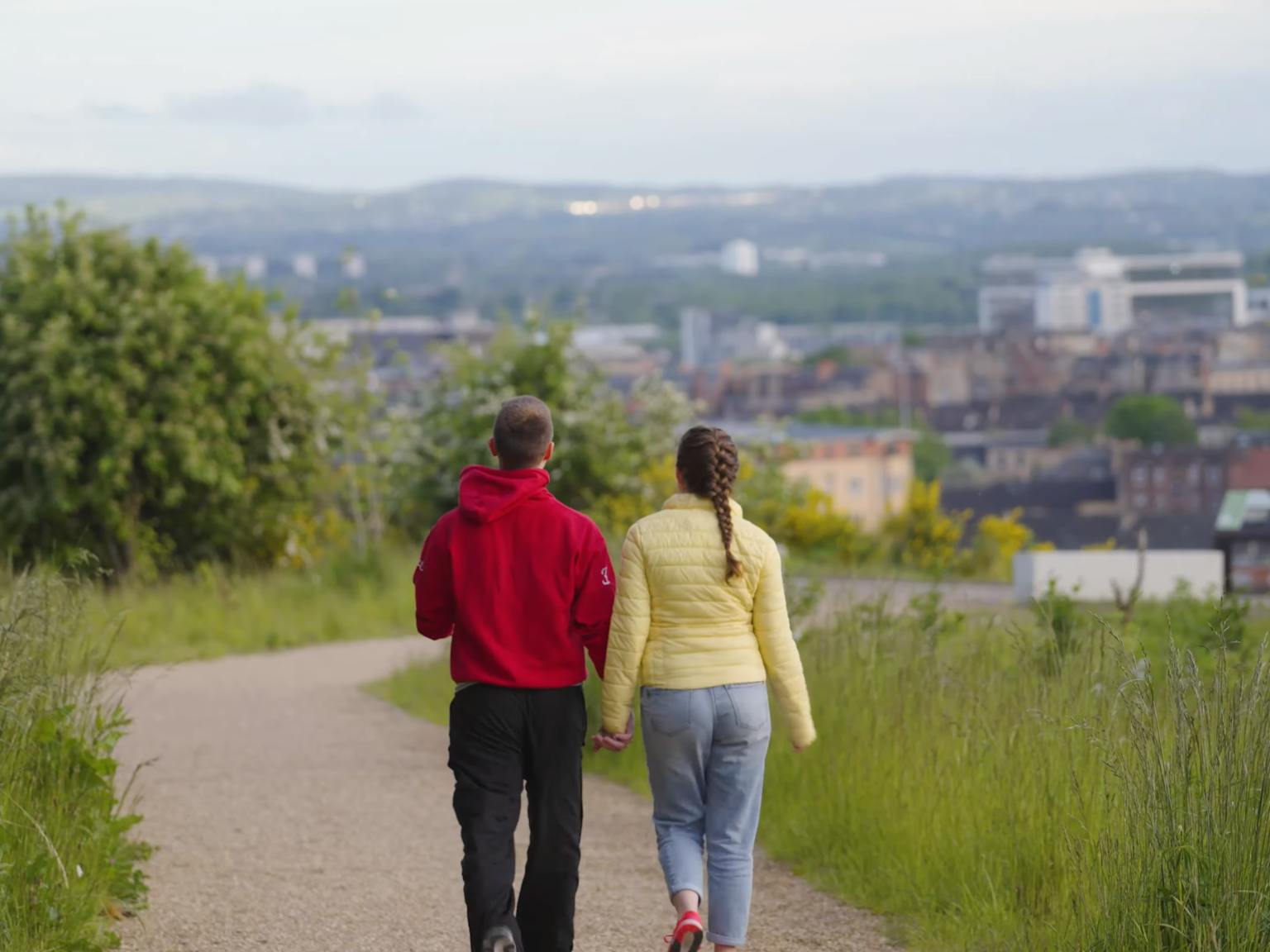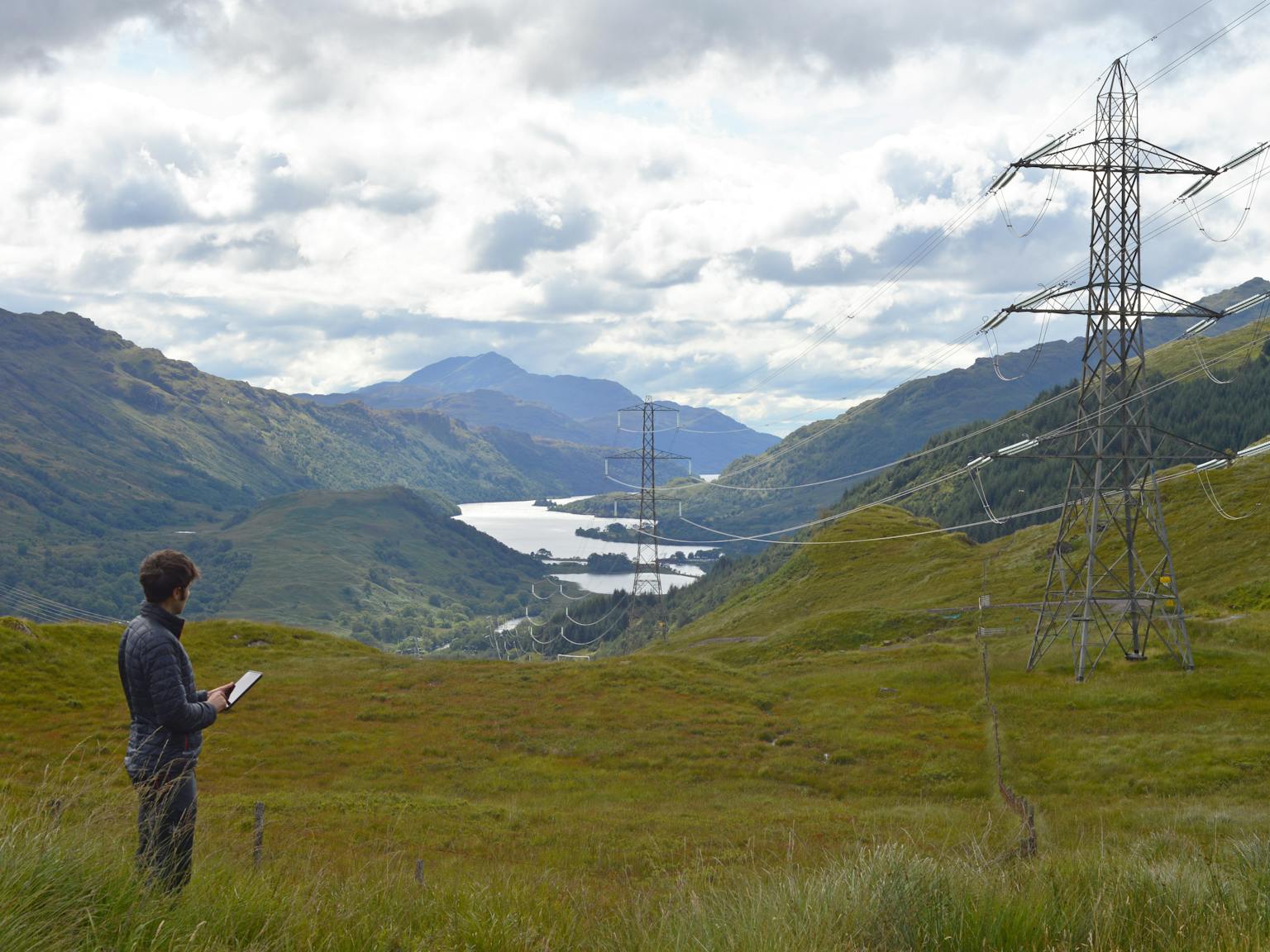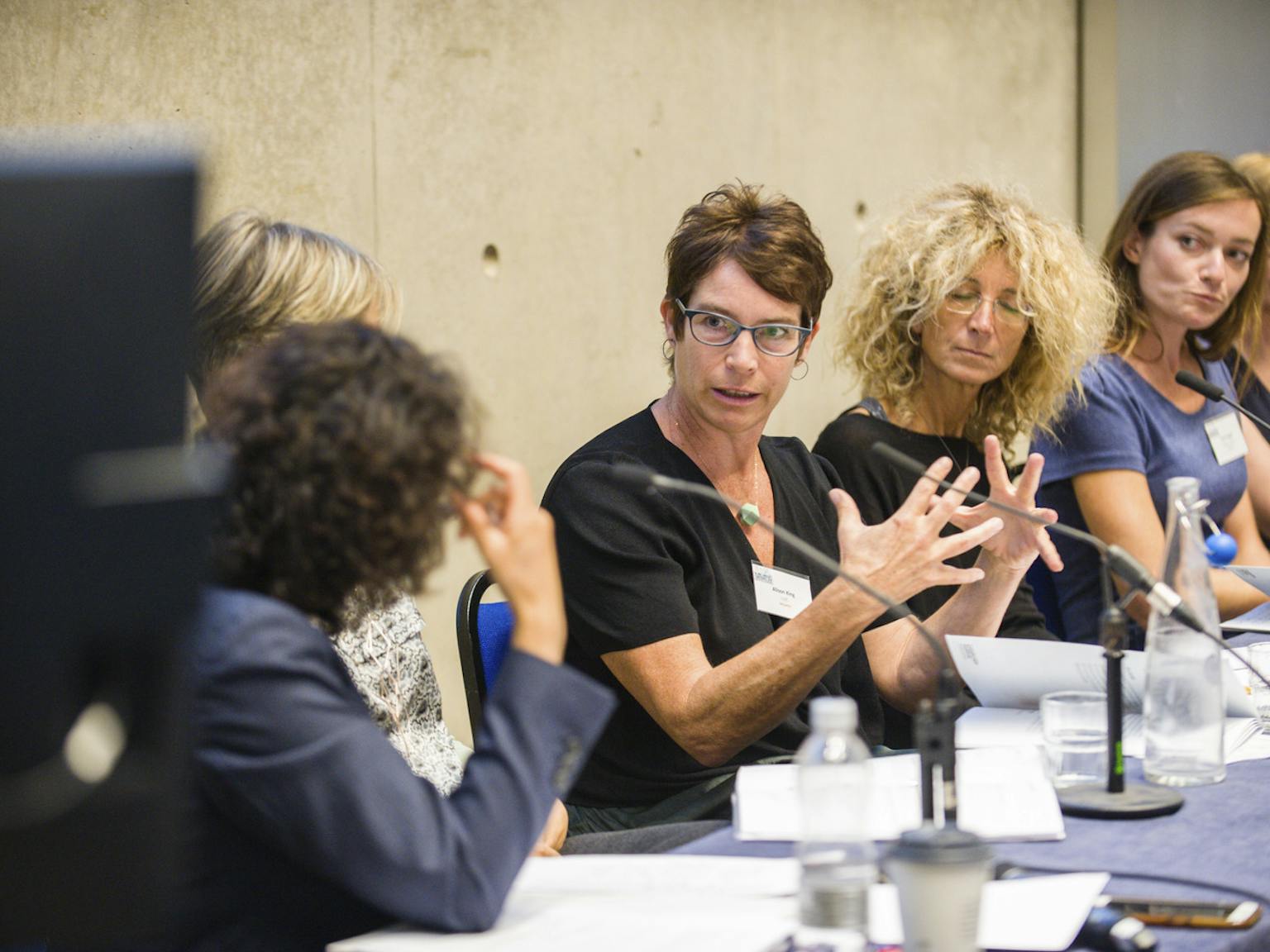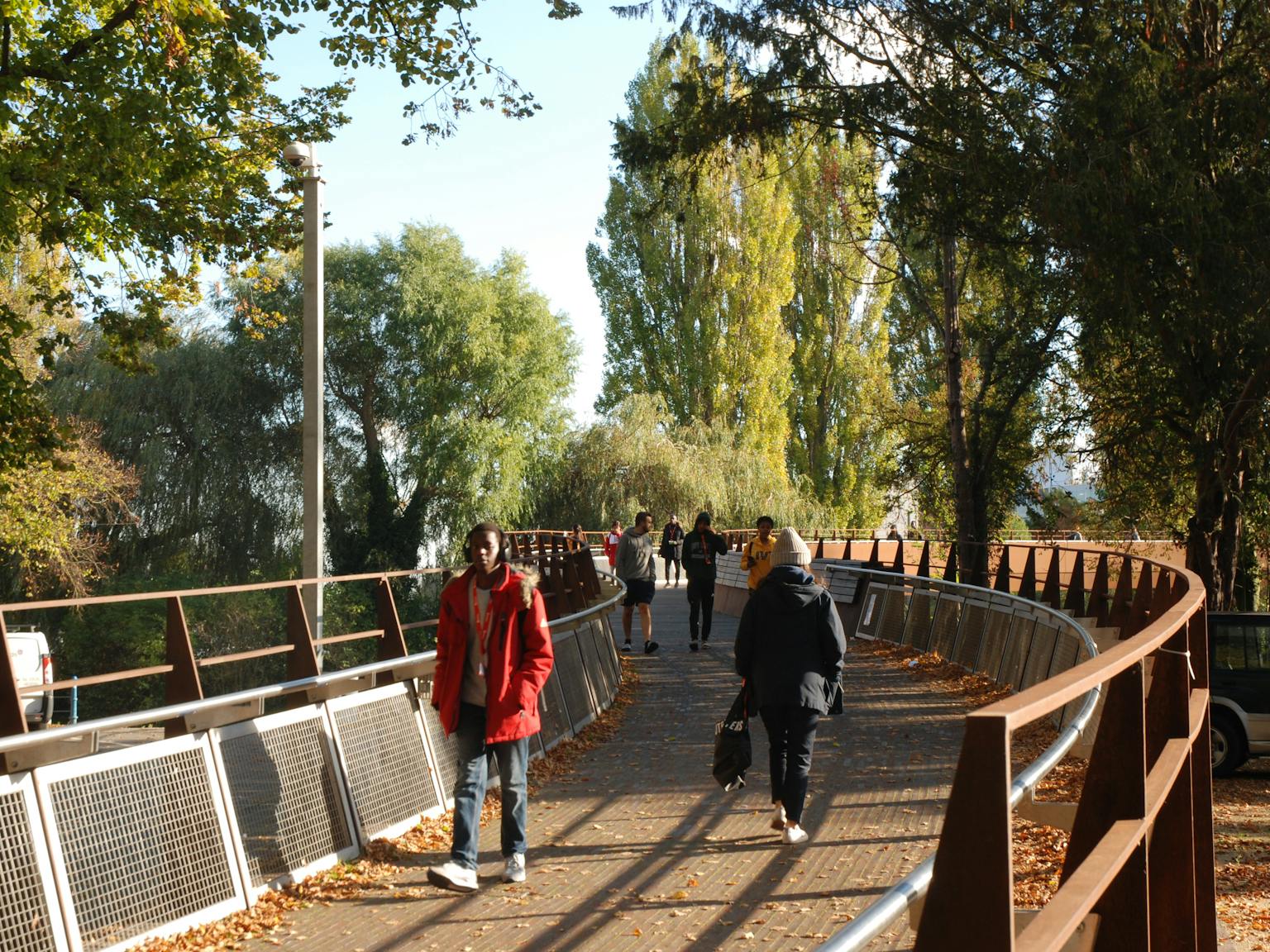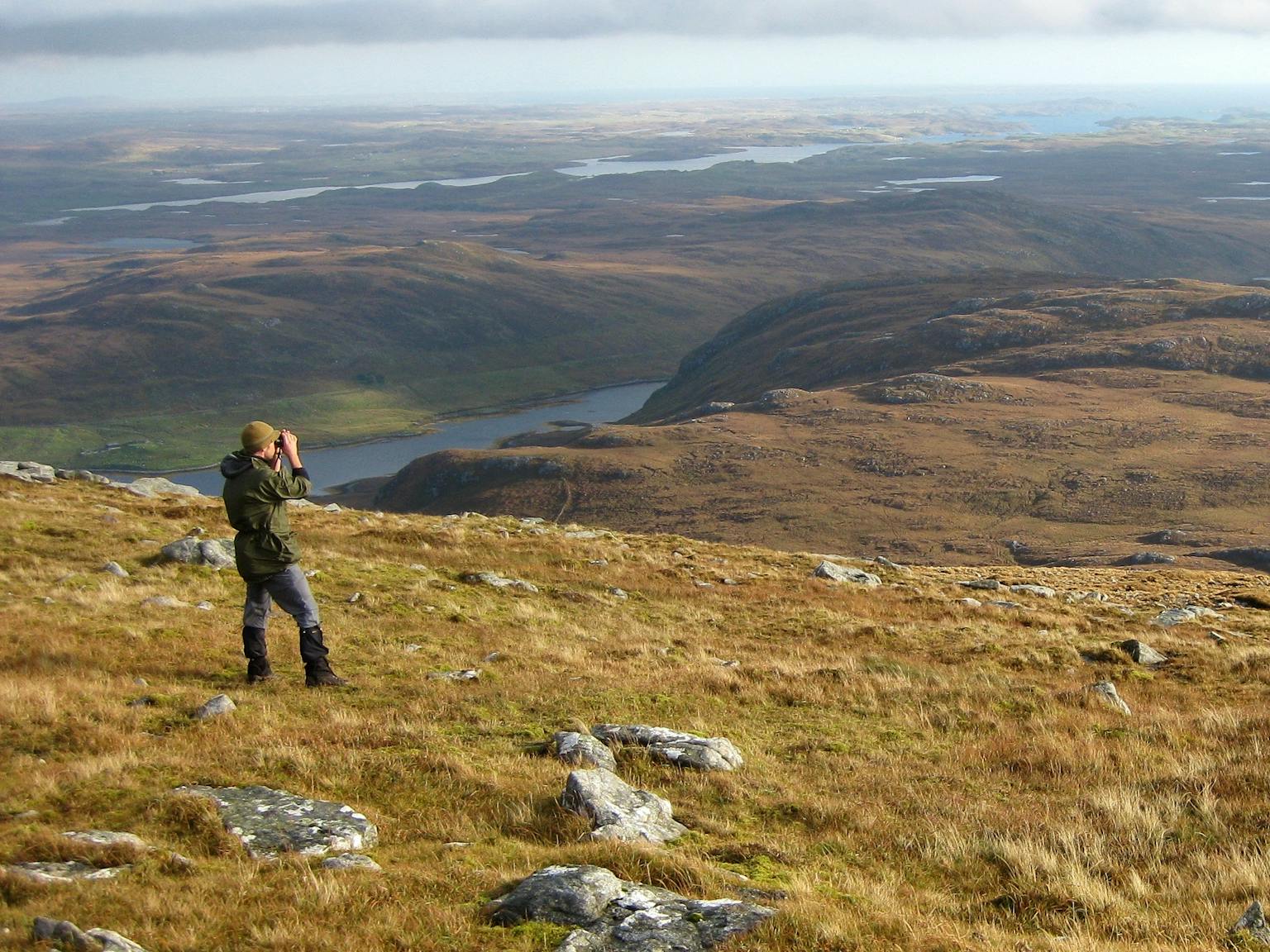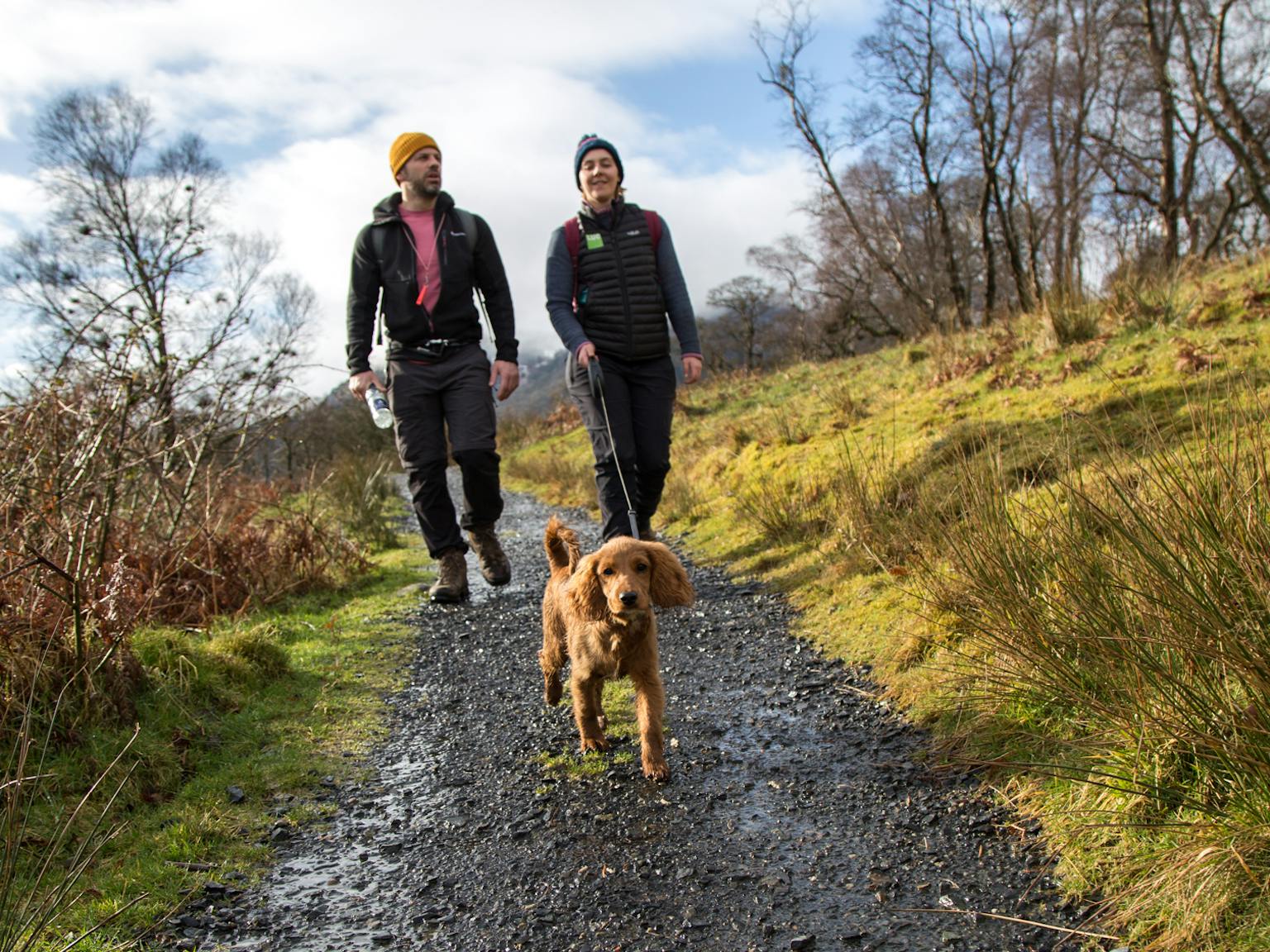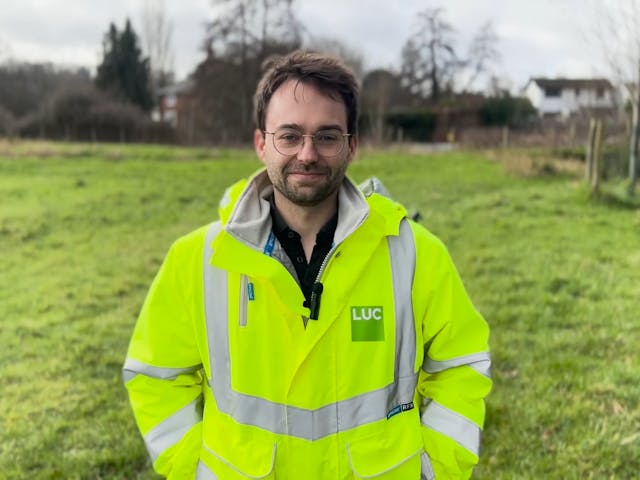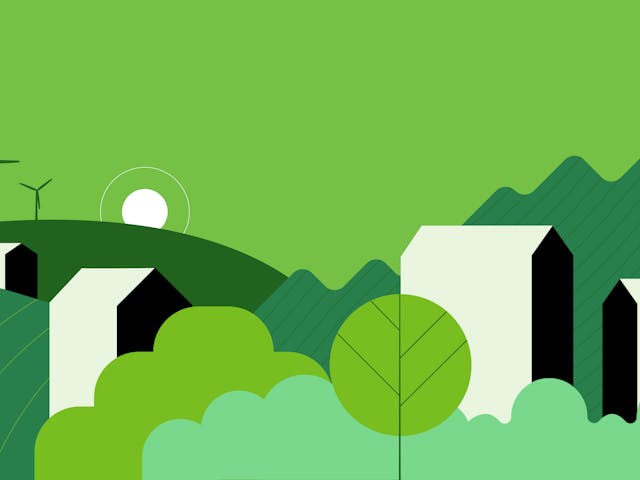
Ecological Survey and Assessment in the ‘New Normal’
When Covid-19 lockdown restrictions were introduced in late March, there was an expectation that life would begin to return to ‘normal’ by early summer. Ecologists subsequently worked with their clients to delay fieldwork wherever possible, grateful that much of the survey season was unlikely to be affected.
In recent weeks, however, the scale of the pandemic has become increasingly clear, and the likely duration of restrictions on everyday life have become all too obvious. This weekend, the UK Government announced a slight relaxation of the lockdown, but it’s now clear to all of us that social distancing is with us for the long term.
The ecological survey season is a limited one, with most surveys limited to a strict April – September window. Assuming that lockdown restrictions will encompass the entire season, how are we to collect and assess robust baseline data, meeting the demands of the planning system and nature conservation legislation?
There are no positives to Covid-19, but there are silver linings. The past few weeks have seen unparalleled innovation and pragmatism in the ecological and planning communities. Novel technology, pragmatic survey methods and compromise have come to the fore as we adjust to the ‘new normal’ while supporting sustainable development and protecting the natural environment which, interestingly, has become much more important to all of us during these challenging times.
Late last week, the Chartered Institute of Ecology and Environmental Management (CIEEM), set out a raft of amended approaches to baseline data collection and assessment in the UK. You’ll find the document here. The guidance draws on the collective experience of the industry and sets out revised approaches for a wide range of species and taxa.
In England, Natural England has signalled their support for revised survey methods, suggesting that ‘digital data’ (read ‘drone footage’) will become increasingly acceptable as ecological evidence in support of planning applications. More info on Natural England’s position can be found here. While drone technology has been available to ecologists for a number of years, the current crisis may bring the method into the mainstream.
Meanwhile, in Scotland, Scottish Natural Heritage (shortly to be renamed Nature Scot) has advised that they’ll take a flexible approach when scrutinising EIA data, potentially accepting reduced or compromised survey efforts. SNH’s position is set out here. As an ecologist practising in Scotland, I’m currently involved in wide-ranging discussions with SNH as we seek to rationalise the need for surveys across a wide range of taxa. The collaboration and sense of shared purpose is heartening.
So, what does this mean for clients and their projects? It means that enormous efforts are being made by all parts of the ecology community to ensure baseline data can be collected, assessed and scrutinised safely and robustly in the current season. It means not only that solutions are becoming increasingly available, but that the innovation and pragmatism being displayed during the crisis has potential longevity long after the pandemic is over. It means we really are all ‘in it together’.
Only time will tell if the Covid-19 crisis has led to lasting changes in the way ecologists, regulators and clients work together, in the pursuit of sustainable development. Lessons will undoubtedly be learnt, debated and analysed for months, even years, to come. But that’s a story for another day…
Our iterative Field Work & Site Visit Position Statement allows us to undertake surveys where it’s safe and appropriate to do so. Our ecologists are skilled in developing survey methods, using emerging technology to ensure project delays are avoided.
LUC is currently designing and delivering ecological surveys for a wide range of clients and developments, across the UK. Read more about our Ecology services.
Contact Steve Jackson-Matthews to discuss how your project timescales could be unlocked by our innovative approaches to baseline data collection.

